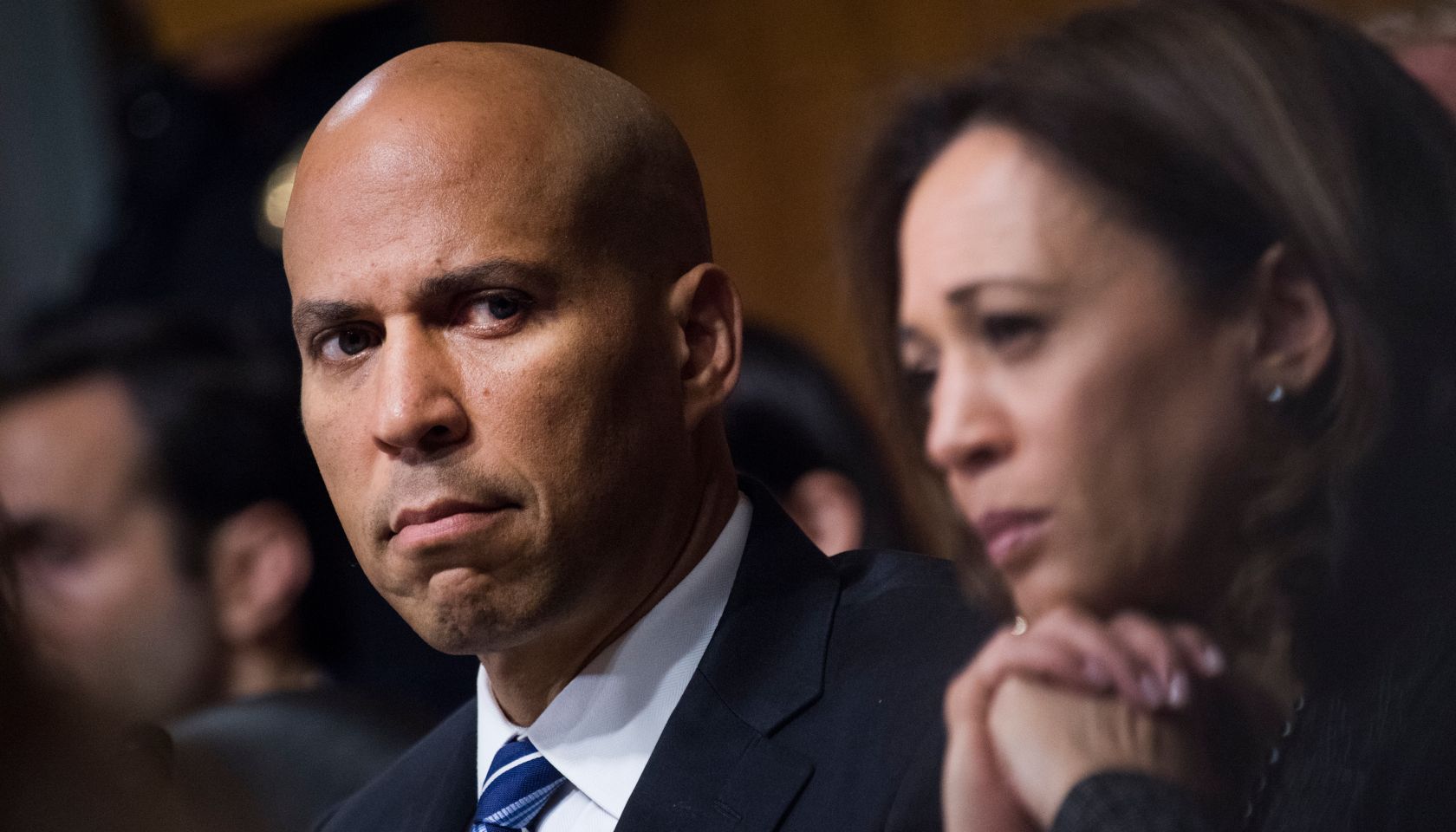Clarence Thomas Wants To Turn Back The Clocks On Libel Laws
Clarence Thomas Calls For Review Of Libel Ruling That Would Help Trump
Supreme Court Justice Clarence Thomas, who has compared affirmative action to slavery, now calls for a reconsideration of the court’s landmark libel ruling that Southern segregationists once used to silence the media.
Thomas said on Tuesday that the high court should review its 1964 New York Times v. Sullivan case that made it more difficult for public officials to win libel suits, the New York Times reported.
The court’s only Black justice made the statement in a concurring opinion, in which he agreed that the court was right to reject an appeal from Katherine McKee who sued Bill Cosby for libel. The entertainer’s lawyer had said McKee was dishonest when she accused Cosby of raping her in a Detroit hotel room in 1974.
This comes against the backdrop of President Trump calling for a change in libel laws so that he could sue media outlets.
“We did not begin meddling in this area until 1964, nearly 175 years after the First Amendment was ratified,” Justice Thomas wrote. “The states are perfectly capable of striking an acceptable balance between encouraging robust public discourse and providing a meaningful remedy for reputational harm. We should reconsider our jurisprudence in this area.”
Thomas wants to turn back the clocks to a time when Southern segregationists used a patchwork of state libel laws to stop negative media coverage during the civil rights movement.
L.B. Sullivan was the police commissioner in Montgomery, Alabama who sued The Times over an ad the newspaper published from supporters of the Rev. Dr. Martin Luther King Jr. to protest the violence from police officers.
The commissioner pointed to a few minor inaccuracies in the ad, which didn’t name him specifically, and alleged that the newspaper damaged his reputation. He won a $500,000 verdict in an Alabama court against The Times. It was a favorite tactic of segregationists.
However, in a unanimous decision, the Court ruled for the Times. When a statement concerns a public figure, the justices held, it is not enough to show that it is false for the press to be liable for libel. Instead, the target of the statement must show that it was made with knowledge of or reckless disregard for its falsity.
If Thomas could get his way, libel rulings would be made at the state level. Trump would likely find a state court that’s sympathetic to him.
SEE ALSO:
Nick Sandmann’s Family Hires Powerful Lawyer Known For Suing Media Outlets
Clarence Thomas’ Supreme Court Dissent Paves The Way For A ‘Racist’ Census
















